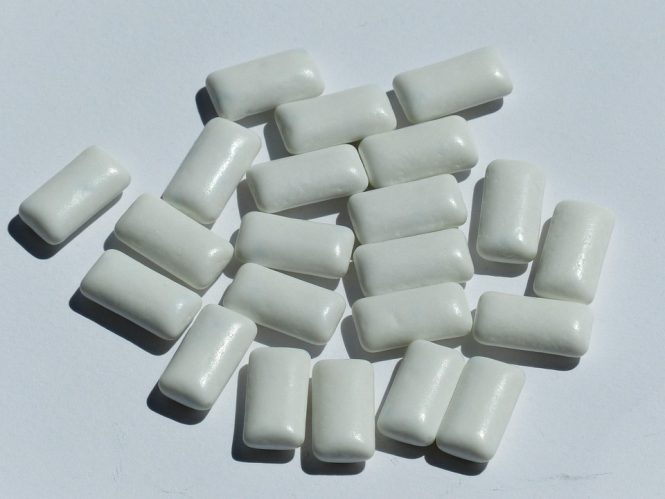
Sugar and Your Teeth: The Hidden Dangers of a Sweet Tooth
Do you have a sweet tooth? Do you find yourself reaching for sugary treats throughout the day, whether it’s a candy bar, a cookie, or a soda? While an occasional sweet treat may seem harmless, the truth is that sugar can have a devastating impact on your teeth and overall oral health.
The Sugar-Tooth Decay Connection
When you eat sugary foods and drinks, the bacteria in your mouth feed on the sugar, producing acid as a byproduct. This acid can erode the enamel on your teeth, leading to tooth decay and cavities. The more frequently you consume sugar, the more acid is produced, and the greater your risk of developing tooth decay.
But that’s not all – sugar can also lead to other oral health problems, including:
- Gingivitis: A mild form of gum disease that can cause red, swollen, and bleeding gums.
- Periodontitis: A more severe form of gum disease that can lead to tooth loss and other systemic health problems.
- Tooth sensitivity: Sugar can wear away the enamel on your teeth, exposing the dentin beneath and causing sensitivity to hot and cold temperatures.
- Bad breath: Sugar can contribute to the growth of bacteria in your mouth, leading to bad breath (halitosis).
The Hidden Dangers of Sugar
While the connection between sugar and tooth decay is well-established, there are other hidden dangers of sugar consumption that can affect your oral health. These include:
- Acid erosion: Sugar can lead to acid erosion, which can wear away the enamel on your teeth, making them more susceptible to decay and sensitivity.
- Sugar cravings: Consuming sugar can lead to sugar cravings, which can create a vicious cycle of sugar consumption and oral health problems.
- Nutrient imbalance: A diet high in sugar can lead to an imbalance of essential nutrients, including calcium and vitamin D, which are crucial for maintaining strong teeth and bones.
Reducing Your Risk
The good news is that you can reduce your risk of sugar-related oral health problems by making a few simple changes to your diet and oral hygiene routine. Here are some tips:
- Limit sugary foods and drinks: Try to limit your consumption of sugary foods and drinks, especially between meals.
- Choose sugar-free alternatives: Opt for sugar-free gum, sugar-free candy, and other sugar-free alternatives.
- Practice good oral hygiene: Brush your teeth at least twice a day with a fluoride toothpaste, and floss once a day to remove plaque and bacteria.
- Visit your dentist regularly: Regular dental check-ups can help identify oral health problems early, when they are easier to treat.
Sugar-Free Alternatives
If you’re looking for ways to satisfy your sweet tooth without compromising your oral health, here are some sugar-free alternatives to try:
- Fresh fruit: Fresh fruit is a natural source of sweetness and can be a great alternative to sugary snacks.
- Dark chocolate: Dark chocolate contains less sugar than milk chocolate and can be a healthier alternative.
- Sugar-free gum: Sugar-free gum can help stimulate saliva production, which can help neutralize acid and remineralize teeth.
- Herbal tea: Herbal tea can be a soothing and sugar-free alternative to sugary drinks.
Conclusion
Sugar may taste sweet, but the consequences of consuming too much of it can be devastating for your teeth and overall oral health. By understanding the hidden dangers of sugar and taking steps to reduce your consumption, you can help protect your teeth and maintain a healthy, happy smile for years to come. Remember, a healthy smile is just a sugar-free step away!